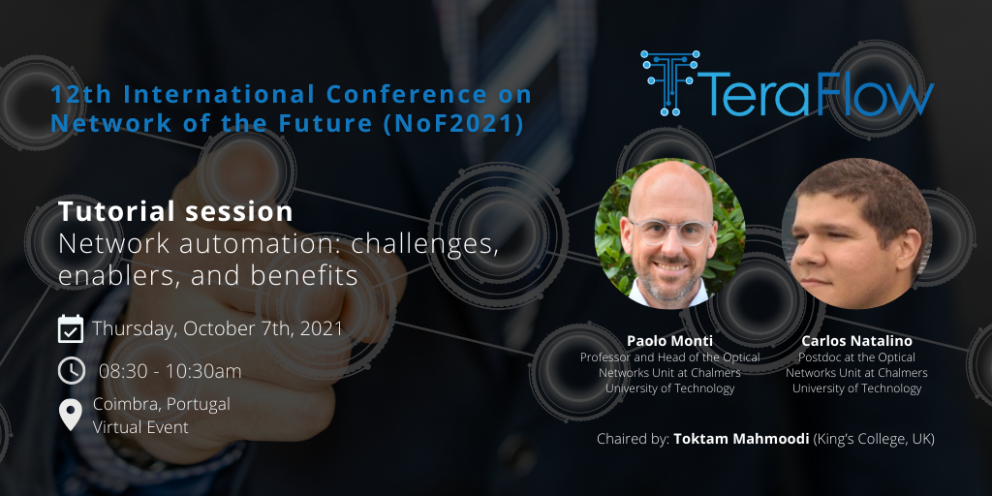NoF is a premier annual conference that covers advances in the area of Future Internet design, with emphasis on enabling technologies, architectures, and services.
In recent years, networks have been witnessing a significant transformation that is resulting in new ways to address the deployment of applications and services in a digital society, today emphasized by the early deployment of 5G networks and services. Major trends like softwarization leveraged by Software-Defined Networking (SDN), Network Function Virtualization (NFV), and Cloud & Edge Computing, as well as the introduction of new radio techniques, are shaping the evolution in the Telecom and ICT industries. Additionally, initial research on 6G networks and technologies has already been initiated. Besides technological advances, networking further benefits from the growing introduction of Artificial Intelligence and Machine Learning techniques that are expected to alleviate complexity while providing smart and reliable network operations.
Within this event, Paolo Monti and Carlos Natalino from Chalmers University of Technology in Sweden held a Tutorial Session titled "Network automation: challenges, enablers and benefits" where TeraFlow project and its objectives will be mentioned.
Abstract: Communication infrastructures are evolving towards an ad-hoc service provisioning scenario where programmability and flexibility are fundamental concepts. Network automation is expected to play a vital role in streamlining all aspects of the service provisioning process (i.e., deployment, maintenance, and tear down). However, to fully realize this autonomous operation vision, closed-loop automation procedures need to be developed.
This tutorial presents the main motivations and challenges behind designing and operating closed-loop autonomous decision-making processes, including a brief overview of current standardization initiatives. The tutorial addresses several use cases showcasing how network automation can alleviate the complexity of the service provisioning processes and the benefits brought in by the introduction of network automation.
